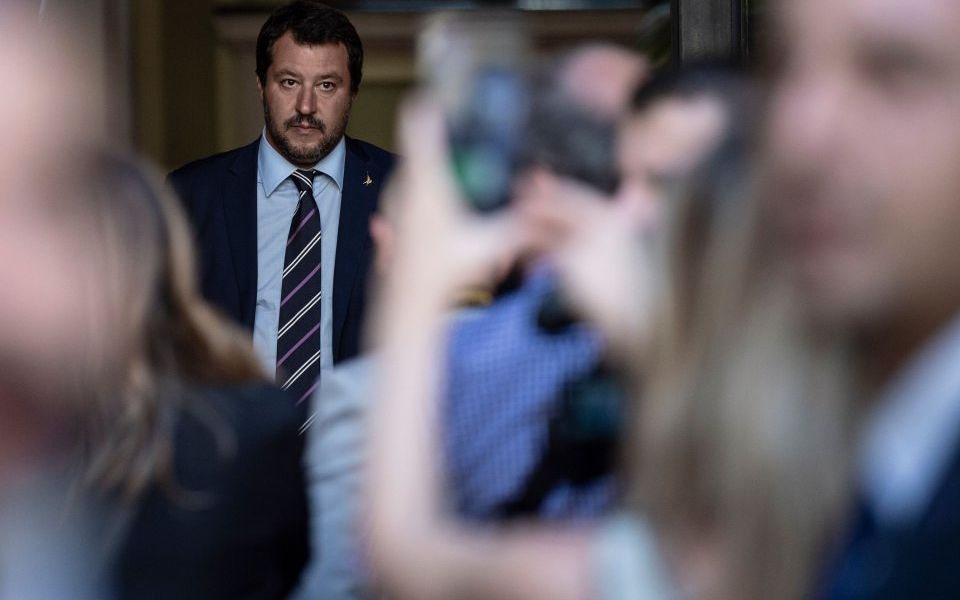Italy’s stock market sell-off could force its populist politicians to change course

The start of this week witnessed yet another spike in Italian bond yields, as the country’s coalition government continued to grapple with the details of its 2019 budget.
Political leaders also struggled to deliver a consistent message to investors, who have grown increasingly concerned about the state’s future spending and borrowing plans.
The depth of the market scepticism facing Italy’s elected officials was underlined recently by the fact that one of two deputy prime ministers, Matteo Salvini, had to once again spell out that a departure from the Eurozone is not an imminent priority for Rome.
Another cabinet minister with well-known anti-EU tendencies, meanwhile, felt it necessary to insist that there was “no chance” of Italy defaulting on any of the country’s 2.3 trillion euros worth of debt.
This is by no means part of any typical European government script.
And in another recent sign of turmoil inside the Palazzo Chigi, Prime Minister Giuseppe Conte’s divided cabinet missed a significant legal deadline to deliver detailed economic forecast documents to the Italian parliament. When these finally appeared, some of the numbers contained in the delayed report were significantly different from those initially proposed by Salvini and his Five Star counterpart, Luigi di Maio.
The original promise to triple the previous government’s deficit target for the next three years to 2.4 per cent of GDP each year would have made it very difficult for Rome to reduce its 130 per cent debt/GDP ratio each year, as required under the EU’s budget rules.
Italian finance minister Giovanni Tria then had to deliver on a previous warning by downgrading his ministry’s growth forecasts for this current fiscal year from 1.5 per cent to 1.2 per cent.
Some European finance ministers and EU officials I talked to beforehand suggested that they expected exactly this kind of climbdown, and said that they saw it as the natural consequence of a market keen to enforce disciplinary limits on Italy’s most expansionist spending plans in a generation.
The European commissioner for economic and financial affairs, Pierre Moscovici, told me that politicians in Rome should be honest with the Italian public about the affordability of their electoral promises, and the borrowing difficulties that would need to be overcome in order to transform those promises into reality.
“More public expenditure can make you popular for a while, but who pays in the end?” he asked. “The Commission will exert all of its powers,” he insisted, in “defence of the Italian and European interests”.
Italy’s leading firebrands have responded to this public criticism from Brussels in a testy fashion, with Di Maio saying that “there is no plan B” and Italy “will not retreat” on its spending plans, while Salvini called Moscovici one of the “enemies” of Europe.
However, once the Commission receives a draft budget plan in a little under a week’s time, it could force an EU member nation to make revisions – for the first time in the bloc’s history. And before then, there is always a chance that a further selling off by market participants will rather separately force a rethink.